It is long past time for Catholics to recognize that a heretical Pope has separated himself from the Church and thus does not possess the keys to the Kingdom and cannot head that of which he is no longer part. Nevertheless, only a Council of the Church can declare what is apparent to all. The "Pope" is a heretic on a number of doctrinal matters, including hell, the Immaculate Conception and the sanctity and inviolability of marriage. He has sewn confusion, division, and doubt on matters which Catholics regard as central to the deposit of faith; he routinely condemns the most faithful and observant Catholics for their "rigidity;" and he has acted like a crime boss in ignoring, lying about, excusing, and covering up widespread sin and corruption among the episcopacy and clergy. Before further damage is done to Church institutions and doctrine, we need to ask the bishops and the College of Cardinals to recognize and declare the Chair of St. Peter vacant so that a true shepherd of souls may right the ship and set the barque of Saint Peter on its true, God-given course.
The Church Fathers, previous Popes and Doctors of the Church thought it unlikely that such a state of affairs could come to pass, but prescribed how it should be addressed should the worst befall the papacy. We are well past that point.
Question of an heretical pope 1 : Common Teaching of the Church about an heretical pope
Doctrina Communis
A public heretic cannot retain the papacy
List of most known authorities
Important catholic principle :
When a teaching has been learned “everywhere, always and by everyone”, it belongs to the Revelation and is infallible. (See here about the Commonitorium of St Vincent de Lerins)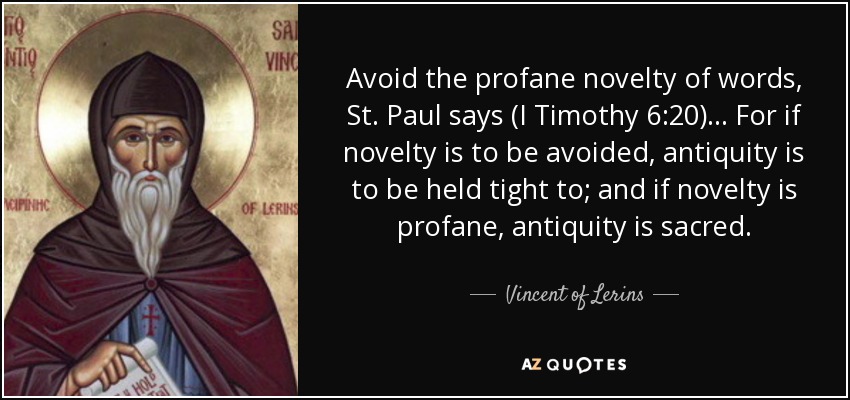
The Decretum Gratiani, also known as the Concordia discordantium canonum or Concordantia discordantium canonum or simply as the Decretum, is a collection of Canon law compiled and written in the 12th century as a legal textbook by the jurist known as Gratian. It forms the first part of the collection of six legal texts, which together became known as the Corpus Juris Canonici. It was used by canonists of the Roman Catholic Church until Pentecost (May 19) 1918, when a revised Code of Canon Law (Codex Iuris Canonici) promulgated by Pope Benedict XV on 27 May 1917 obtained legal force.
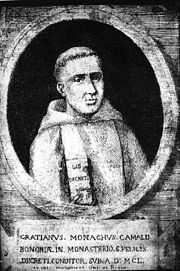
Gratianus
“Summa sedes a nemine iudicetur, NISI a fide devius inveniatur” :
“the Highest See cannot be judged by anyone,
unless he has been found deviating from the faith”
Jurist Raoul Naz states that it is not “judging” in strict sense but in the large sense: the Church (sain part of the teaching Church, the bishops who are not heretic) will not judge properly but the Church can note that a pope has deviated from the faith and by this fact IS fallen from the See.
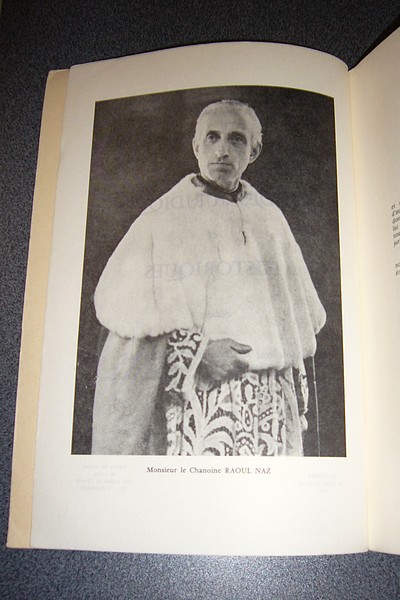
Prof. Dr. Raoul NAZ
“The pope should not flatter himself about his power, nor should he rashly glory in his honor and high estate, because the less he is judged by man, the more he is judged by God. Still the less can the Roman Pontiff glory, because he can be judged by men, or rather, can be shown to be already judged, if for example he should wither away into heresy, because he who does not believe is already judged. In such a case it should be said of him:
‘If salt should lose its savor, it is good for nothing but to be cast out and trampled under foot by men.’” (Sermo 4)
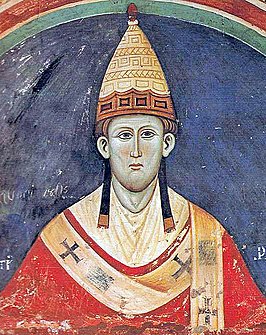
Innocentius III
We shall first see the teaching of the Doctors of the Church, whose writings the Church directs us to in a special way as theological teachers.
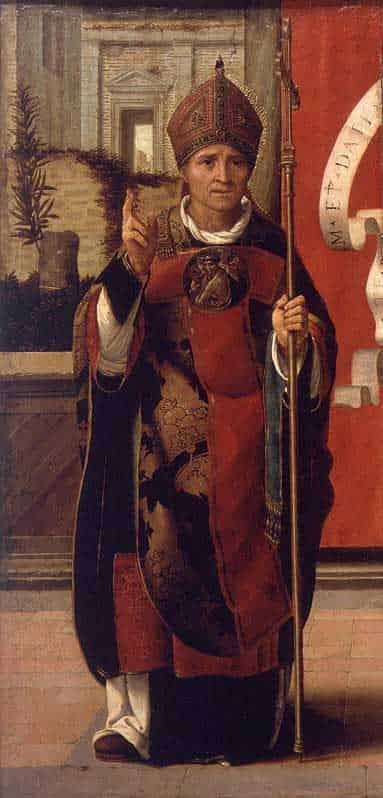
Saint Antoninus (1389-1459):
“In the case in which the pope would become a heretic, he would find himself, by that fact alone and without any other sentence, separated from the Church. A head separated from a body cannot, as long as it remains separated, be head of the same body from which it was cut off. A pope who would be separated from the Church by heresy, therefore, would by that very fact itself cease to be head of the Church. He could not be a heretic and remain pope, because, since he is outside of the Church, he cannot possess the keys of the Church.”
(Summa Theologica. Quoted in Actes de Vatican I)
Read more at Scaturrex >>
No comments:
Post a Comment